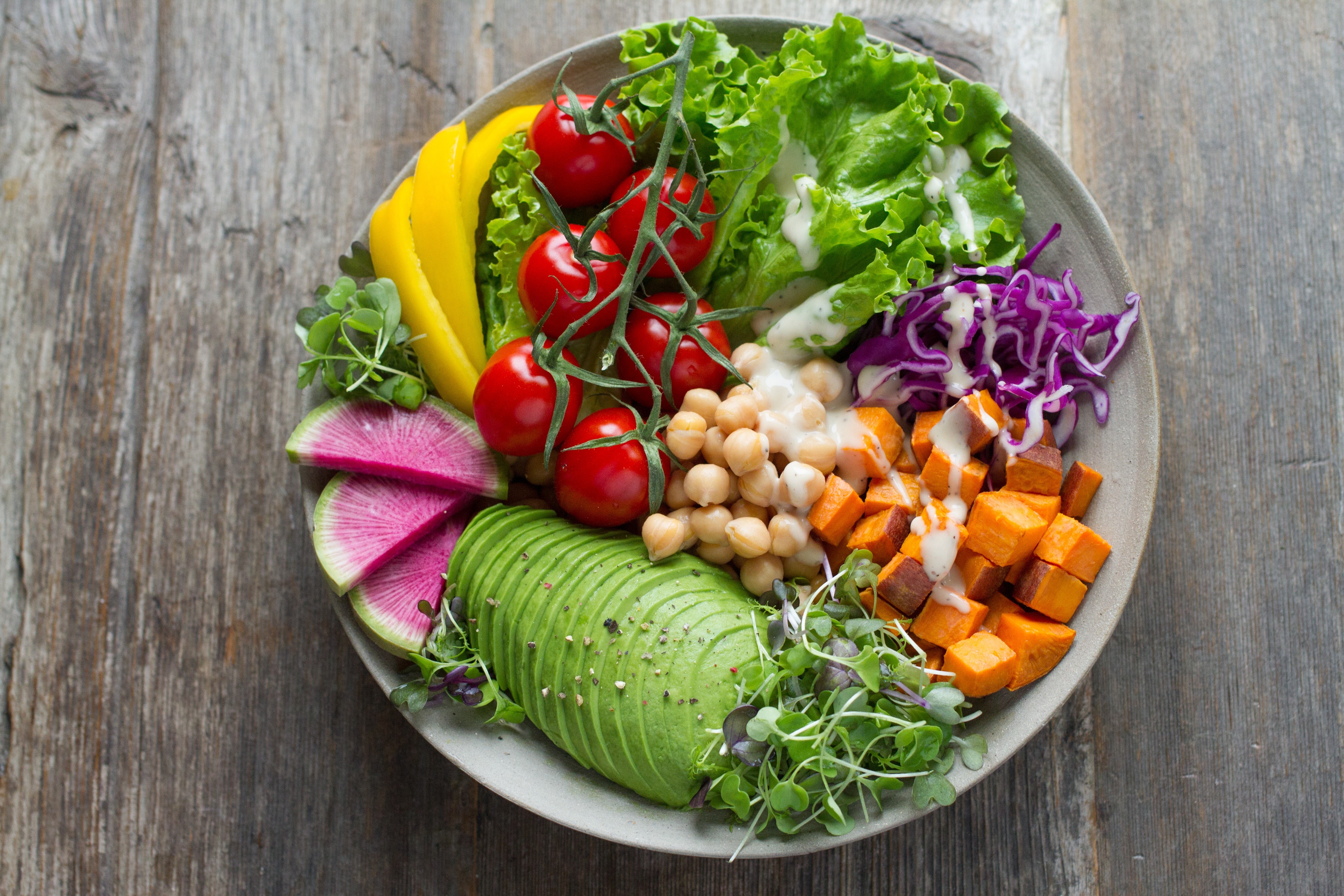Preventive Healthcare
HDL Cholesterol: How to Increase Good Cholesterol Levels
18831 Views
0

If you are concerned about your heart health, one of the most important things to monitor is your high-density lipoprotein levels. HDL, or high-density lipoprotein, is often referred to as 'good' cholesterol because it helps remove excess cholesterol from your bloodstream and lower the risk of heart disease. HDL cholesterol carries the low-density lipoprotein (LDL)also known as 'bad cholesterol' to the liver where it can be broken down and eliminated from your body. A healthy level of HDL in your blood has been linked to a reduced risk of heart disease and stroke.
The normal range for HDL cholesterol is between 40-60 mg/dl for men and 50-70 mg/dl for women. However, many people struggle to maintain HDL in the normal range. Fortunately, there are plenty of strategies you can use to boost your HDL cholesterol and keep your heart healthy! In this article, we'll explore some effective tips for increasing your HDL levels and achieving a healthier lifestyle overall.
How Can We boost HDL cholesterol levels?
Boosting HDL cholesterol levels is crucial in maintaining a healthy heart. HDL, also known as high-density lipoprotein, helps remove excess cholesterol from the bloodstream and transports it to the liver for processing and excretion.
- One way to boost HDL cholesterol levels is by incorporating healthy fats into your diet. Omega-3 fatty acids found in oily fish like salmon can significantly increase HDL levels. If you are vegan, then other sources of healthy fats for you include olive oil, avocados, nuts and seeds.
- Fibre-rich foods such as whole grains, fruits and vegetables are also essential in raising HDL levels. Soluble fibre specifically has been shown to improve lipid profiles by reducing LDL (low-density lipoprotein) while increasing beneficial HDL.
- Regular exercise has been proven effective in boosting HDL cholesterol levels. Even moderate physical activity like brisk walking for 30 minutes a day can make a difference.
Incorporating these lifestyle changes into your daily routine will not only help boost your good cholesterol but promote overall heart health as well!
Foods that help boost HDL cholesterol
Foods that help boost HDL cholesterol are an essential part of a healthy diet. Incorporating these foods into your meals can not only increase your levels of good cholesterol but also improve your heart health.
- One food to consider is fatty fish such as salmon, mackerel and tuna. These types of fish contain omega-3 fatty acids which have been shown to raise HDL levels.
- Nuts like almonds and walnuts are another great option for boosting HDL levels. They are high in monounsaturated fats which have been linked to improved cardiovascular health.
- Adding fruits like berries, oranges and apples to your diet can also improve HDL levels due to their antioxidant properties. Antioxidants play a key role in reducing inflammation in the arteries which can decrease the risk of heart disease.
- Incorporating plant-based proteins such as beans and lentils instead of red meat into your meals has been shown to lower LDL (bad) cholesterol while increasing HDL (good) cholesterol.
- Fibre-rich foods like broccoli, carrots, onion, berries, bananas, apples, pears and barley are also known to lower LDL (bad) cholesterol.
By making small changes to your diet with these foods, you can promote healthy cholesterol levels.
Supplements that help boost HDL cholesterol
Supplements can be a great addition to your diet when it comes to boosting HDL cholesterol levels. Here are some of the best supplements that you can take:
1. Niacin: Vitamin B has been found to increase HDL levels by up to 35%. However, high doses of niacin may cause flushing and liver damage, so always consult with your doctor before taking this supplement.
2. Omega-3 fatty acids: Found in fish oil supplements, omega-3 fatty acids have been shown to improve overall heart health and raise HDL cholesterol levels.
3. Fiber supplements: Soluble fibre can help reduce LDL (bad) cholesterol levels while simultaneously increasing HDL (good) cholesterol levels. You can find fibre supplements in pill or powder form at your local drugstore.
4. Plant sterols and stanols: These substances block the absorption of dietary cholesterol in the intestines, leading to lower LDL and higher HDL levels.
Remember that while these supplements may be helpful for some people, they should never replace a healthy diet and exercise routine as the primary means for improving heart health. Always speak with your doctor before adding any new supplements to your daily regimen.
Exercise and Its Effect on HDL cholesterol
Regular exercise is not only good for your physical fitness but also beneficial in boosting HDL cholesterol levels. According to research, aerobic exercise such as running, cycling or swimming can increase HDL levels by 5-10%. Exercise helps to boost the enzyme that carries excess cholesterol from the arteries and back to the liver where it is broken down and removed from the body.
Experts recommend at least 30 minutes of moderate-intensity aerobic activity on most days of the week for optimal health benefits. If you're new to exercising or have certain health conditions, it's best to consult with a doctor before starting any workout routine.
Resistance training is another way to help boost HDL cholesterol levels. Strength exercises such as weightlifting and resistance band workouts have been shown to improve overall cardiovascular health by reducing inflammation in blood vessels.
In addition, combining both aerobic and strength exercises has been found more effective than doing either one alone in increasing HDL cholesterol levels.
Regular physical activity plays an important role in maintaining healthy HDL cholesterol levels which are essential for a healthy heart.
Conclusion
HDL cholesterol is an important factor in maintaining a healthy heart. By incorporating a few lifestyle changes such as consuming healthy foods, taking supplements and regular exercise, you can boost your HDL cholesterol levels and reduce the risk of heart disease. However, it's essential to consult with your doctor before making significant dietary or exercise changes.
Remember that small modifications can make a big difference over time when it comes to improving your overall health and well-being. So start today by implementing some of these tips for boosting your HDL cholesterol levels and enjoying living a healthier life!
If you want to book an HDL cholesterol test from the comfort of your home, you can depend on Metropolis Healthcare Labs. You can book the HDL cholesterol test at a Metropolis diagnostic lab near you or even book a home visit on our website. Contact us today to learn about our wide range of diagnostic tests and services.























 WhatsApp
WhatsApp